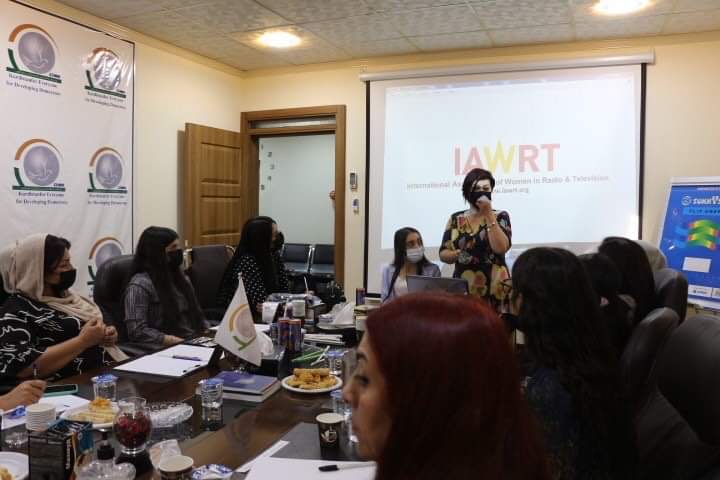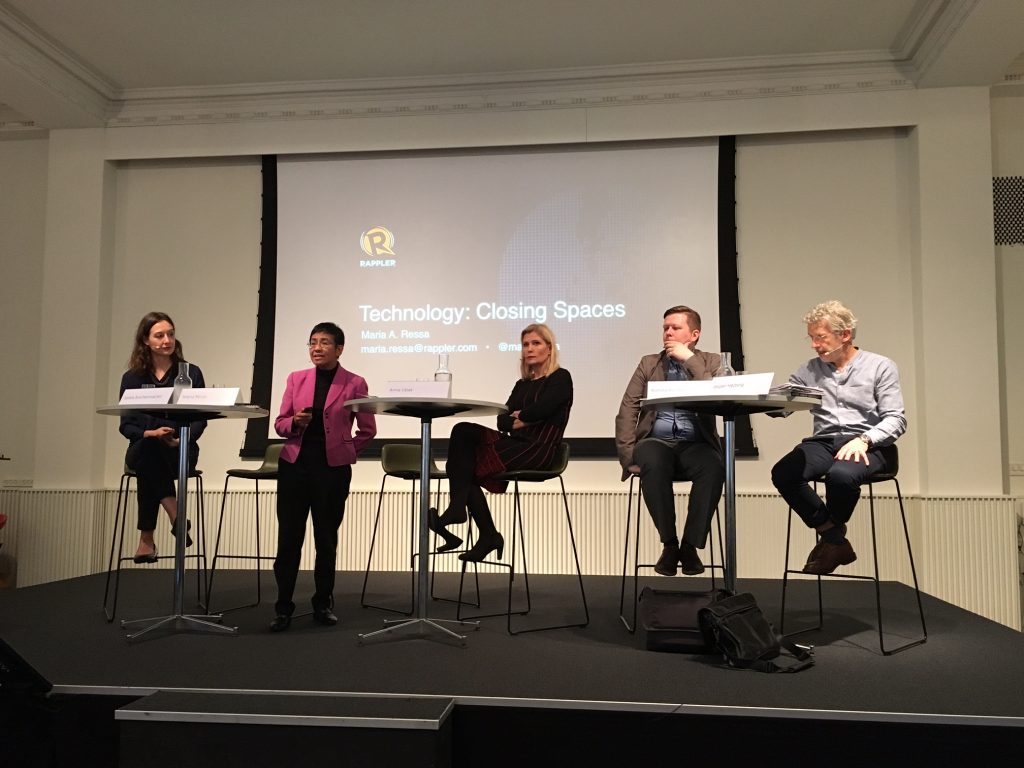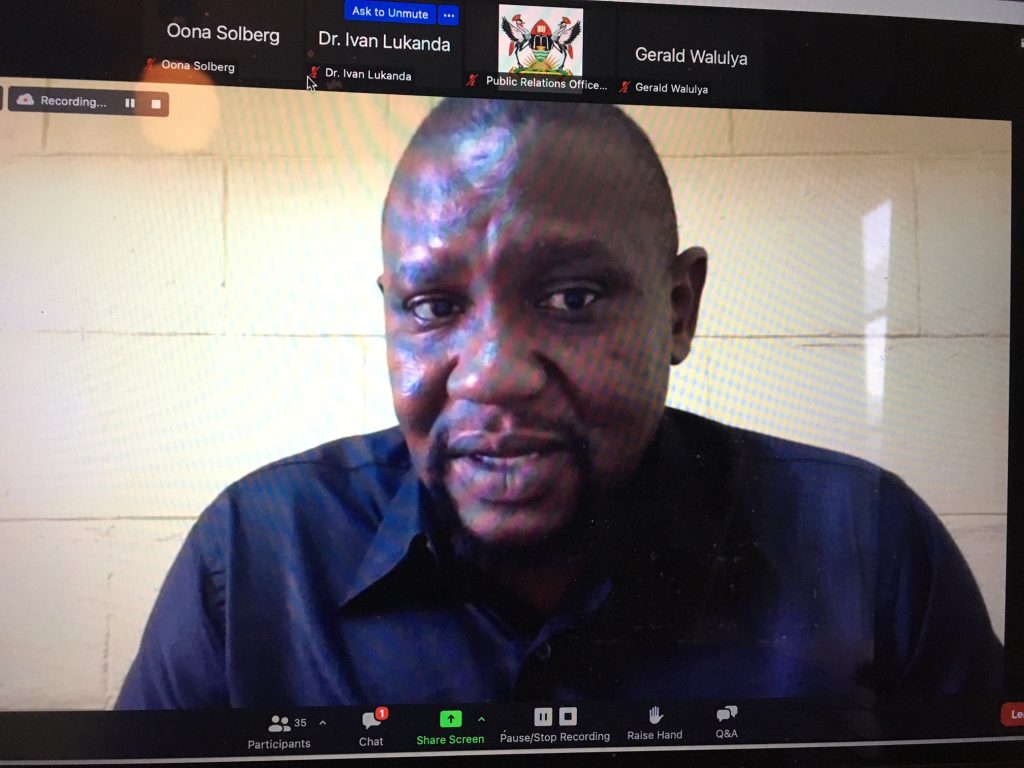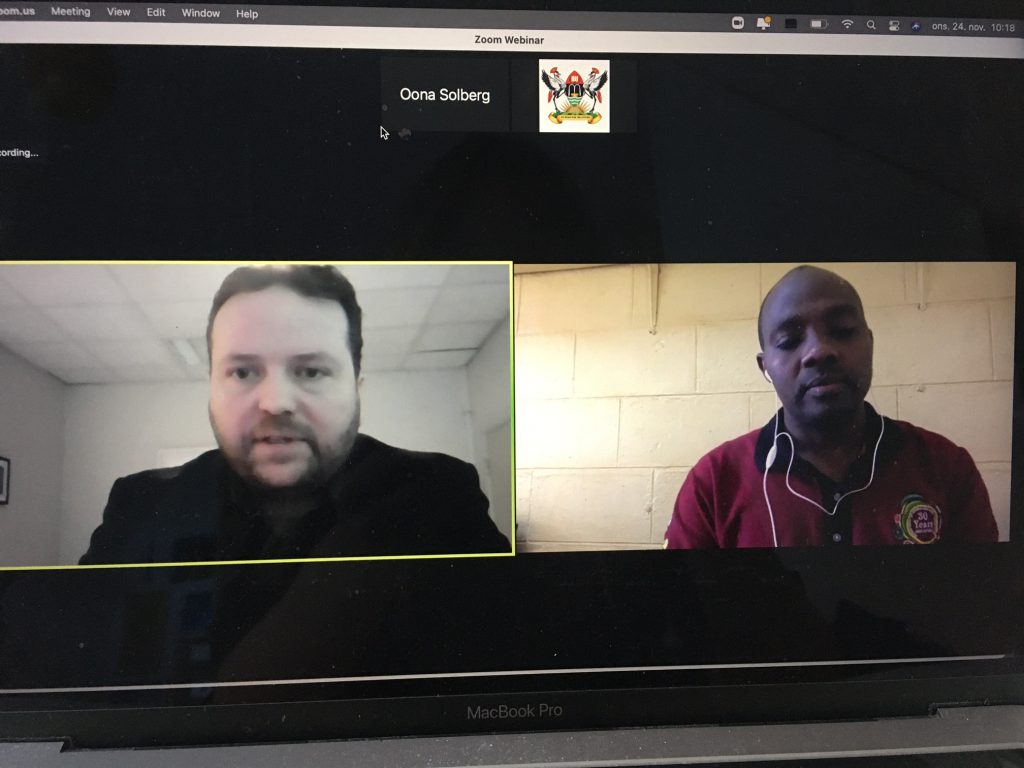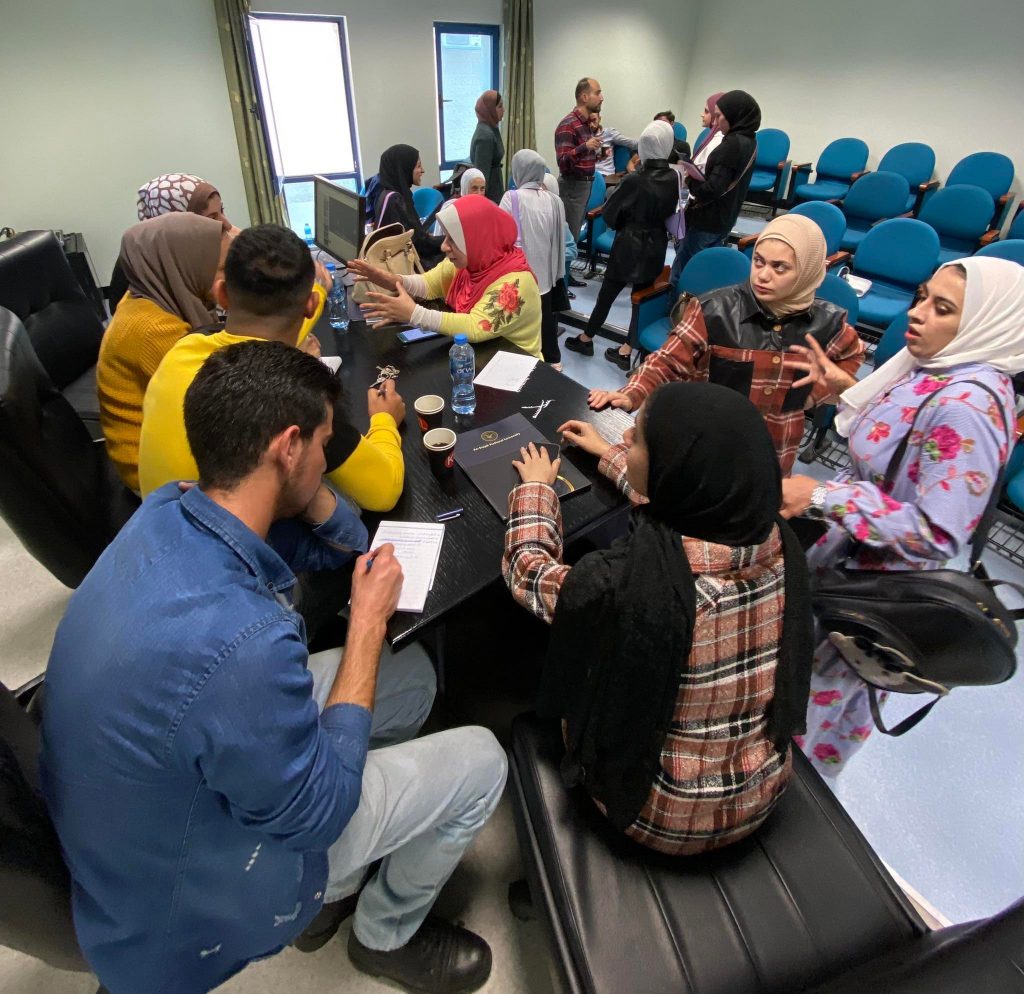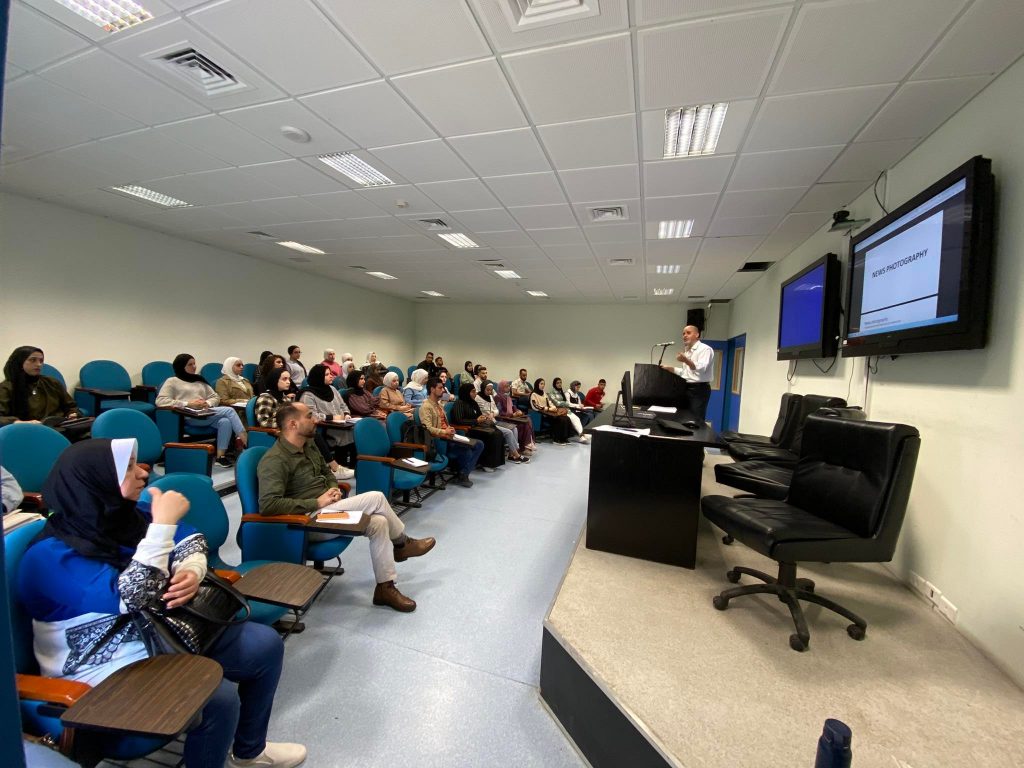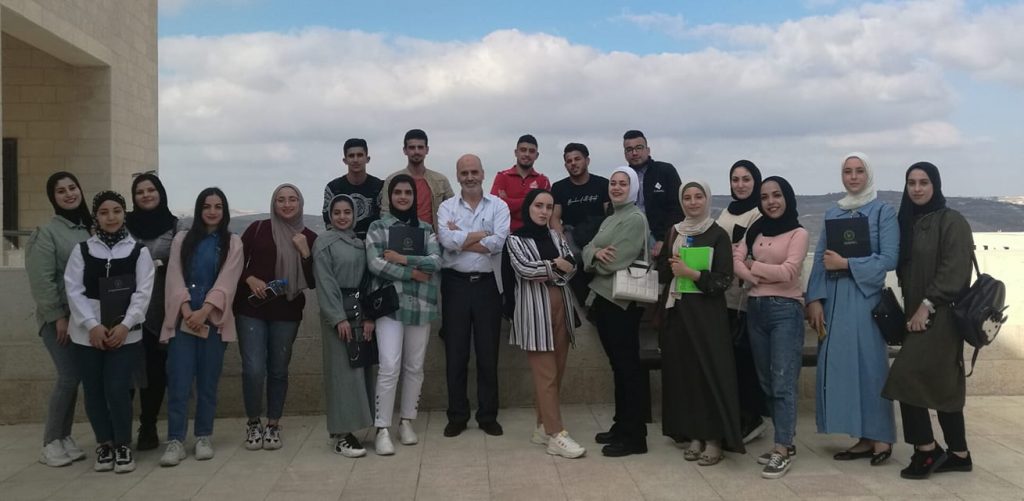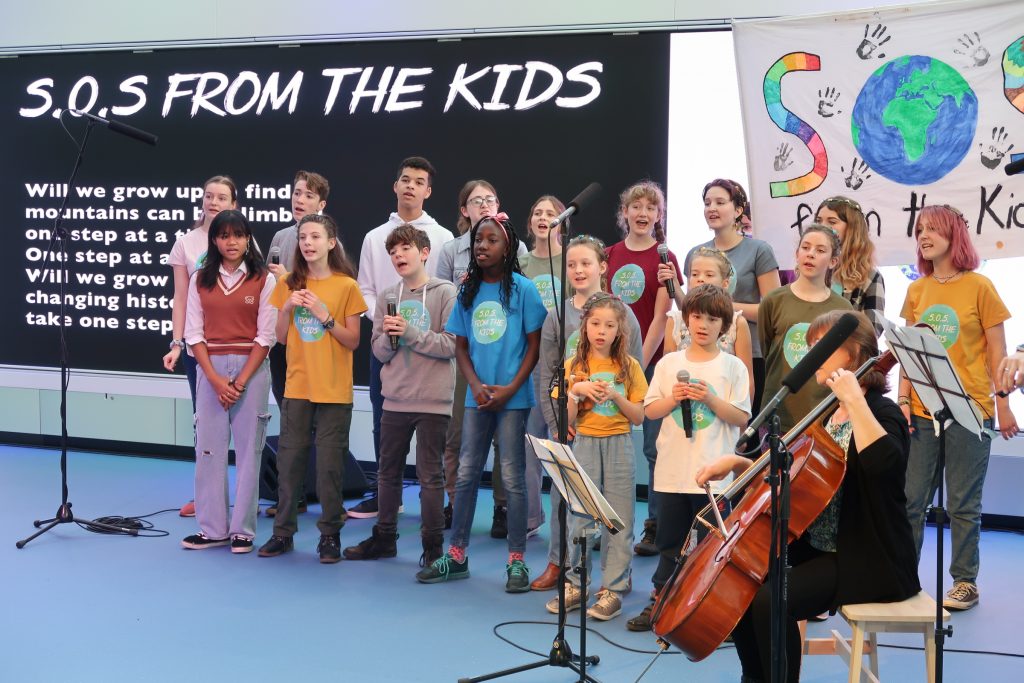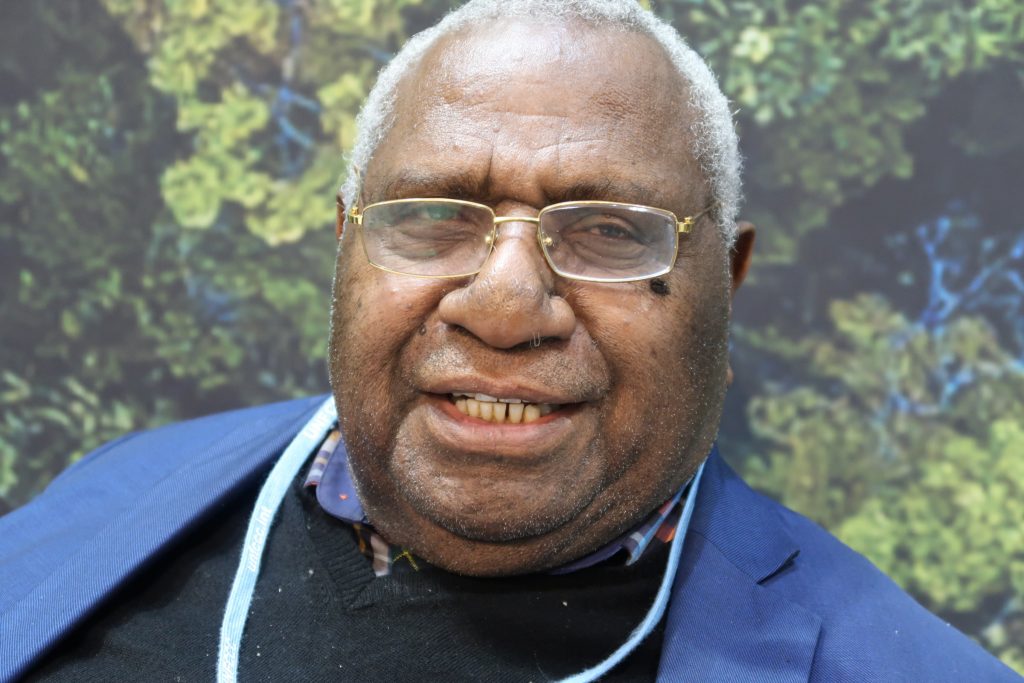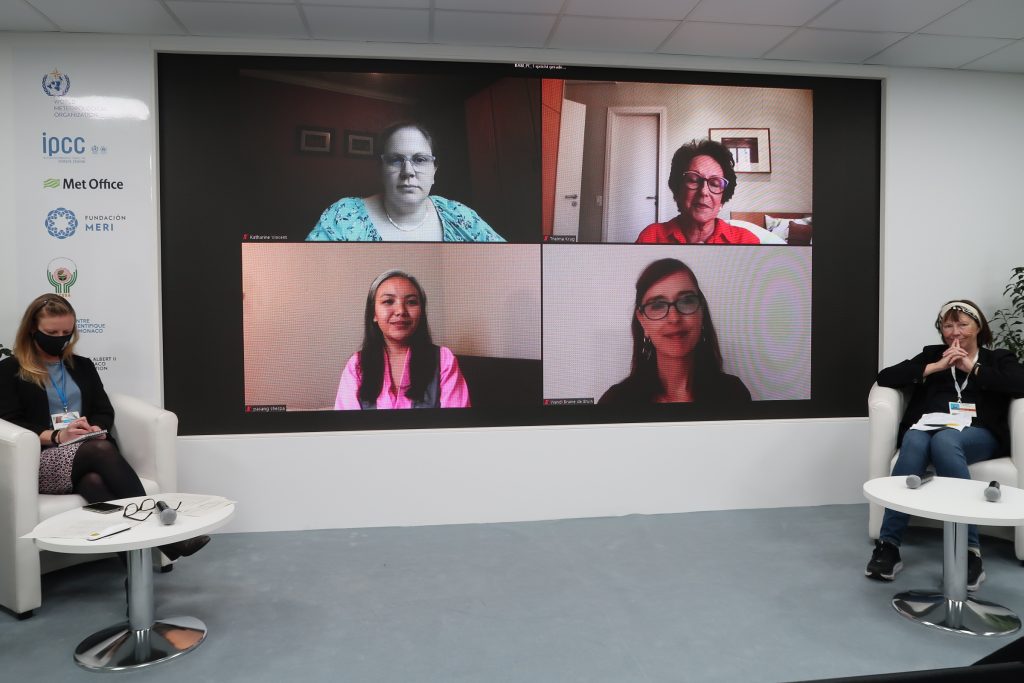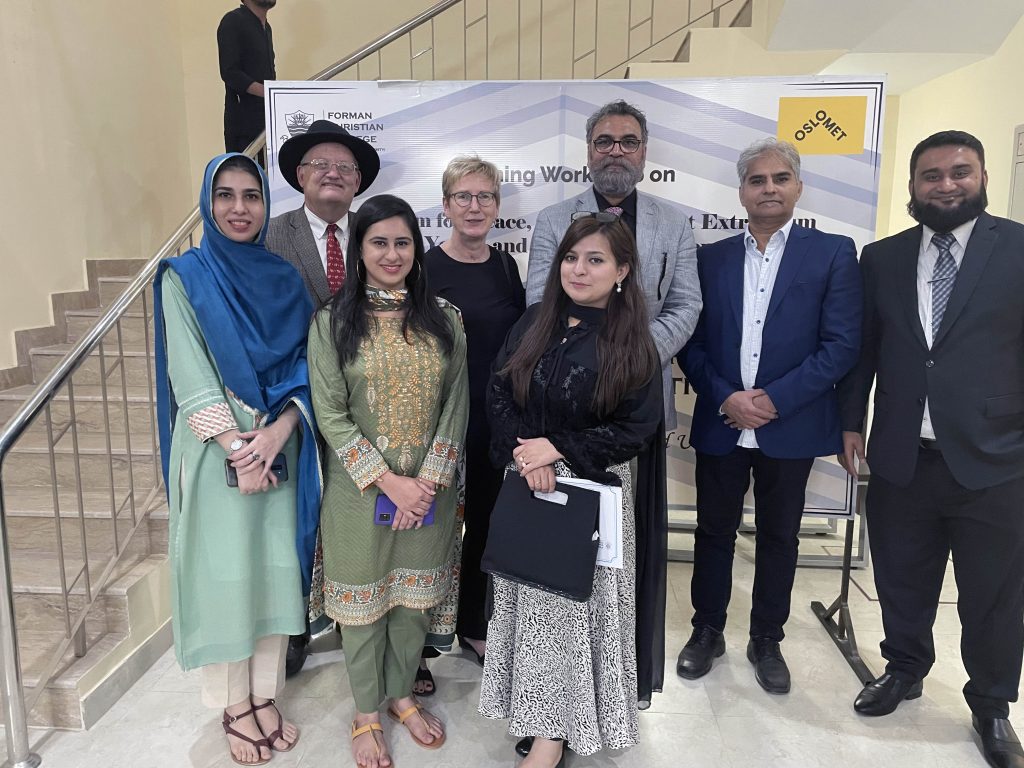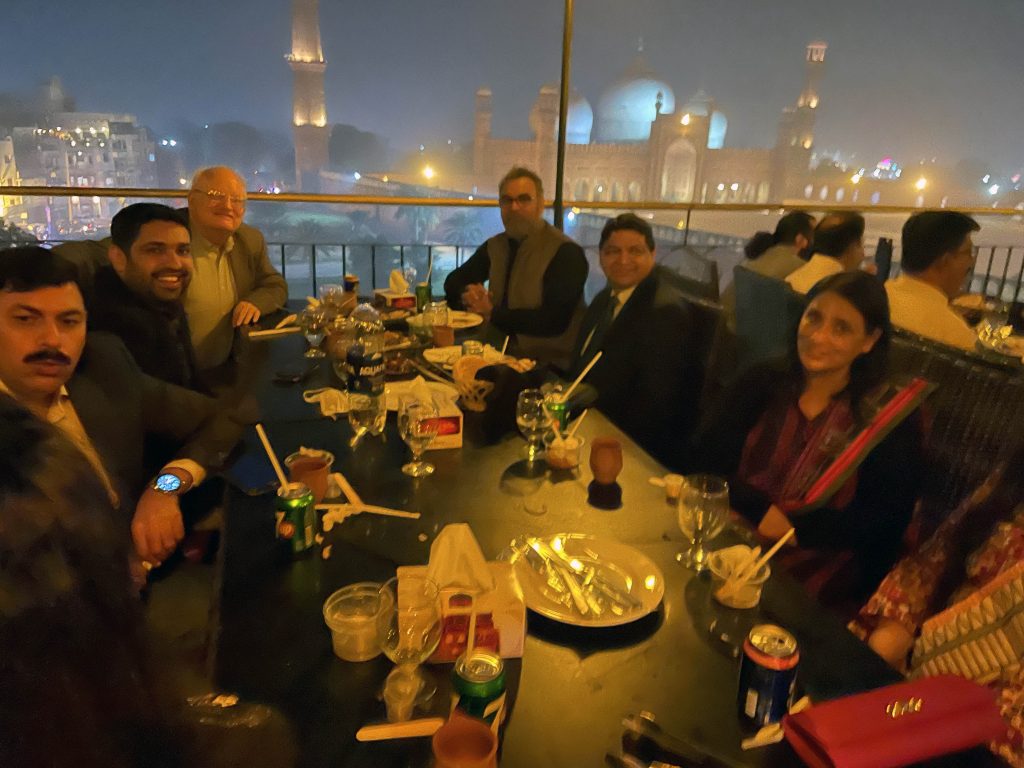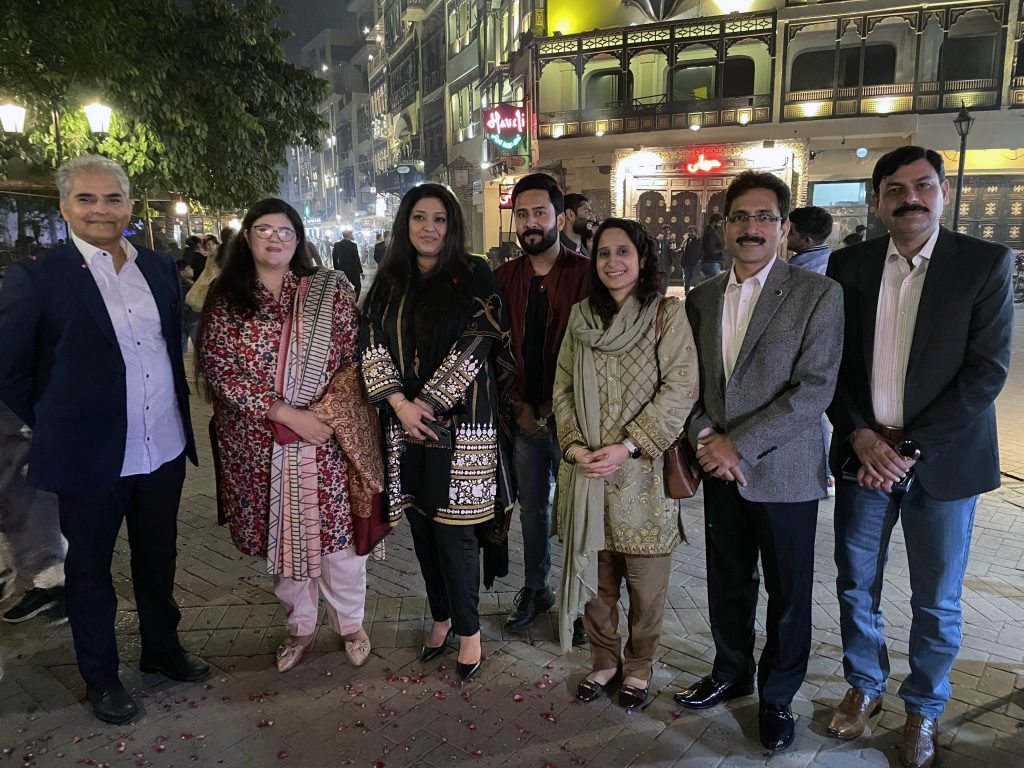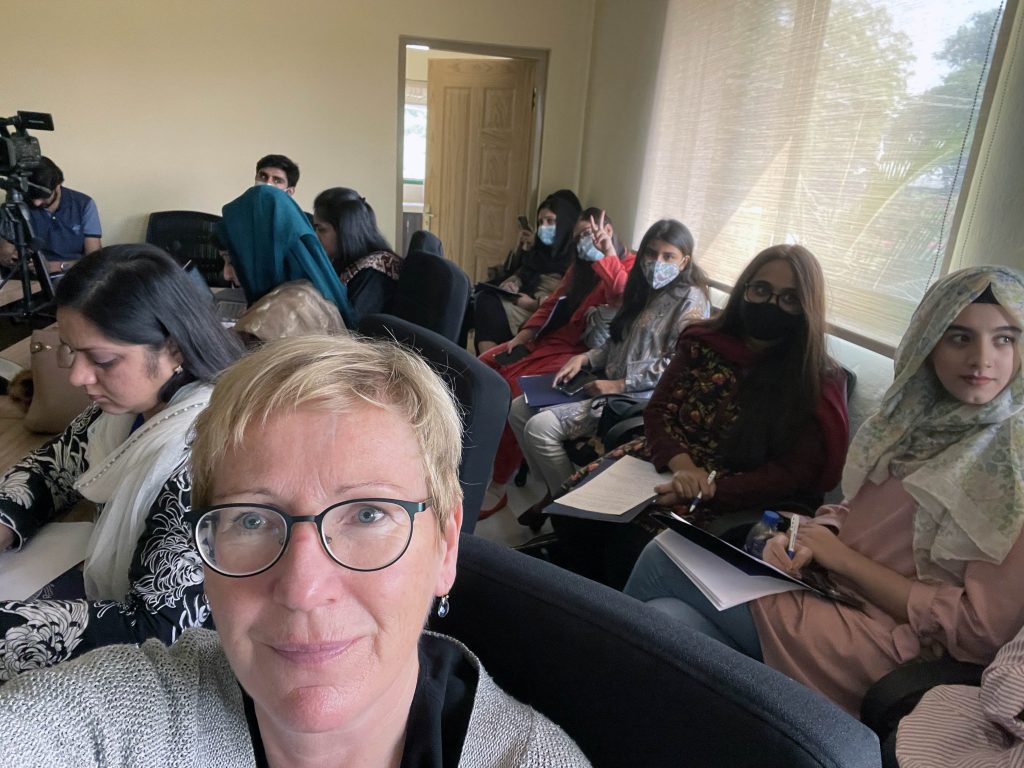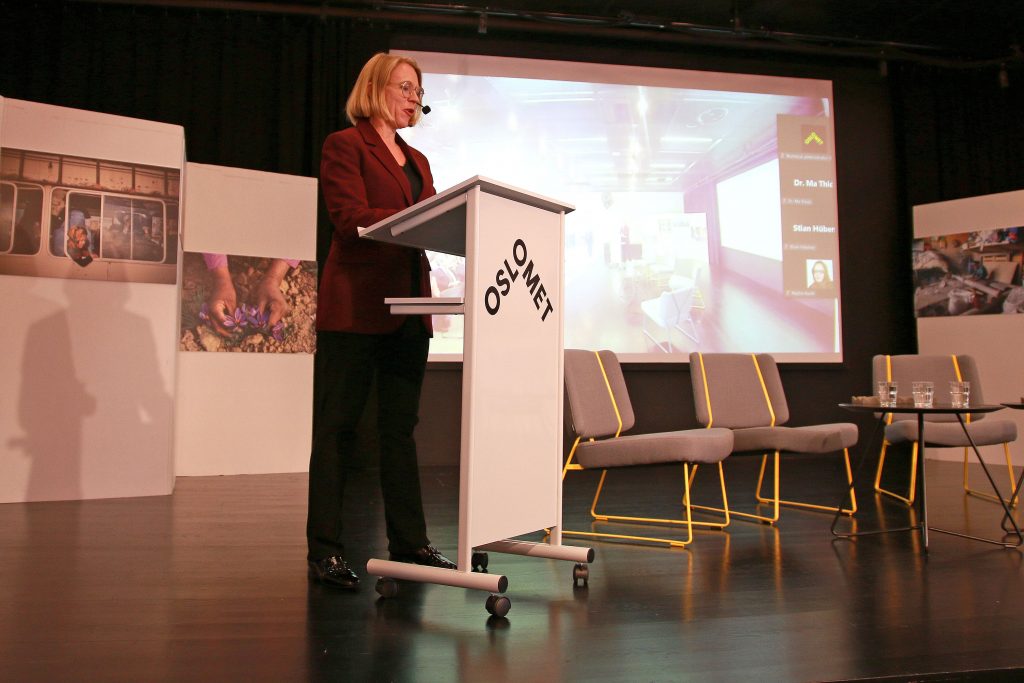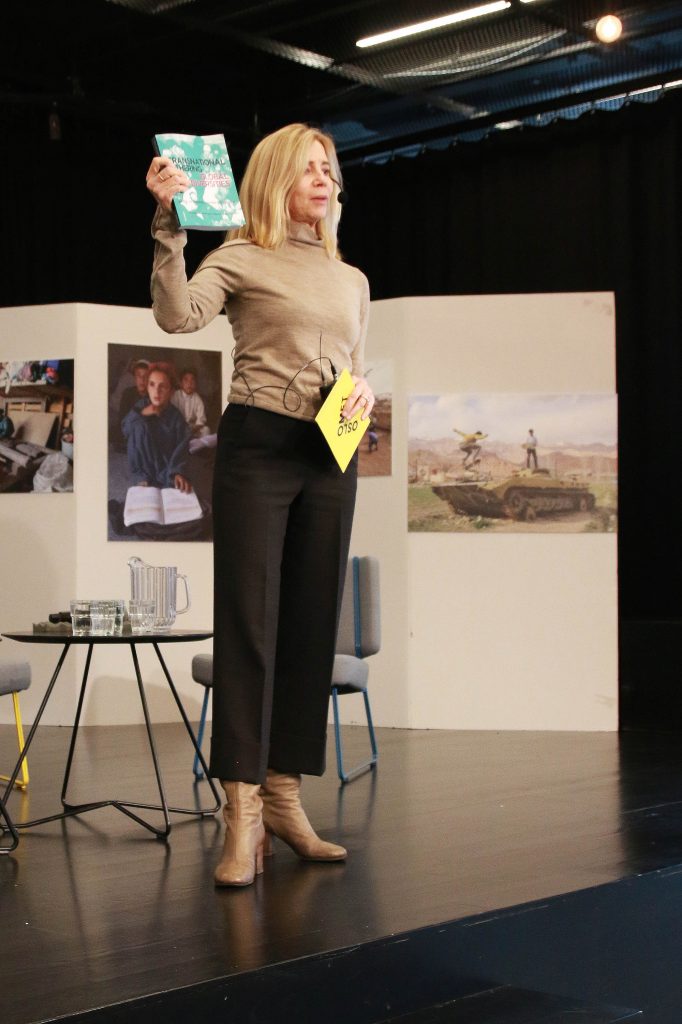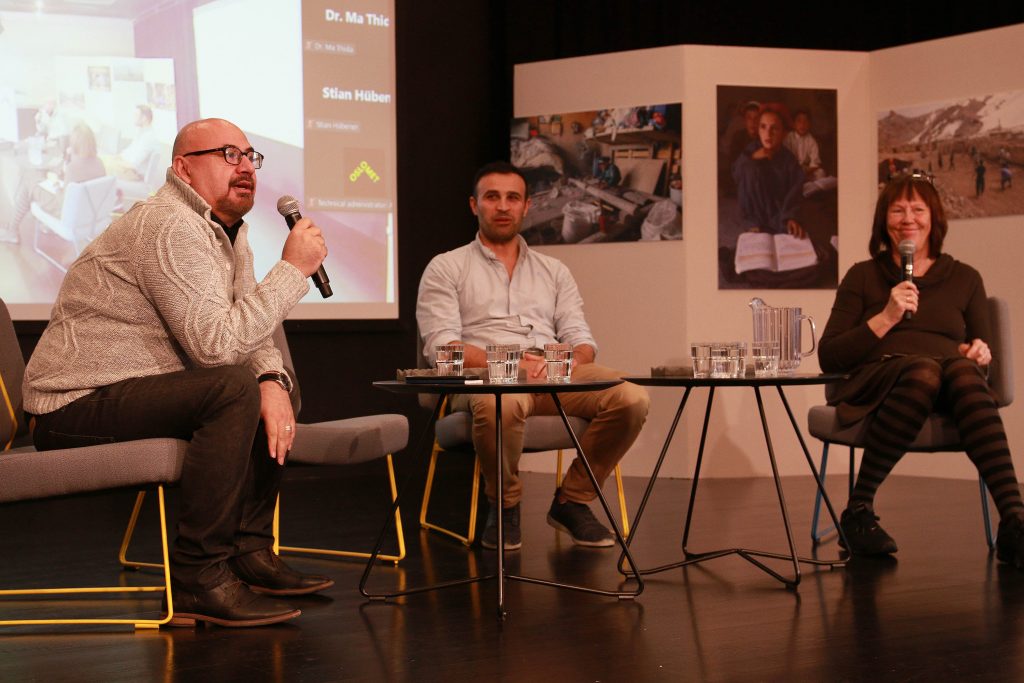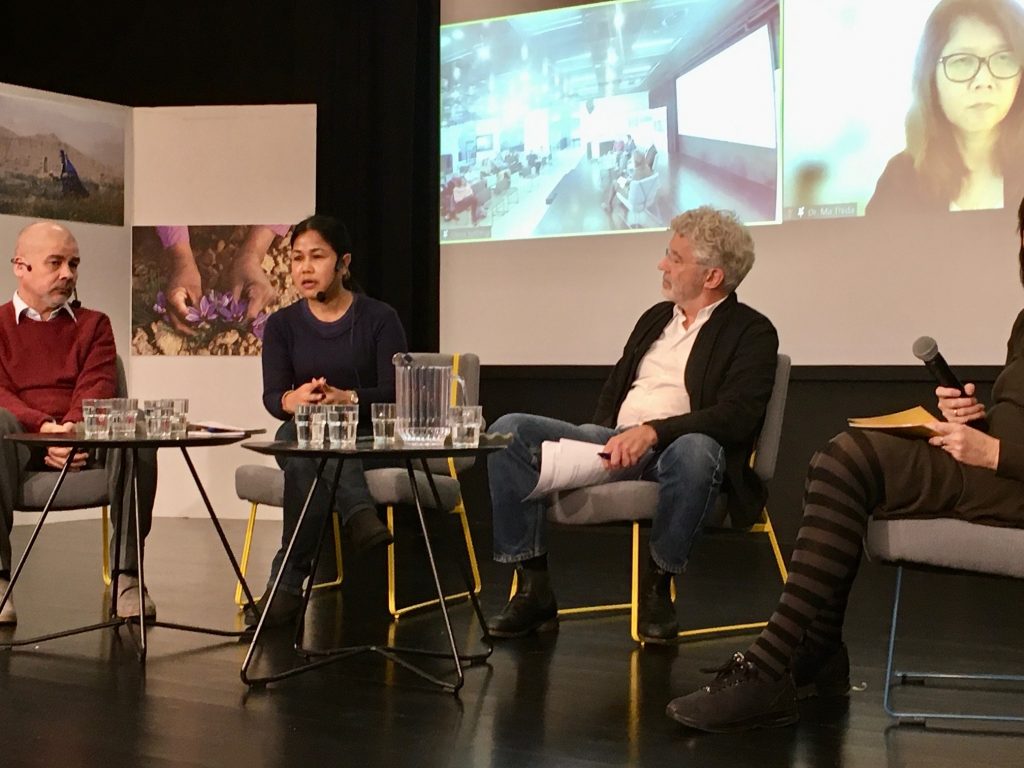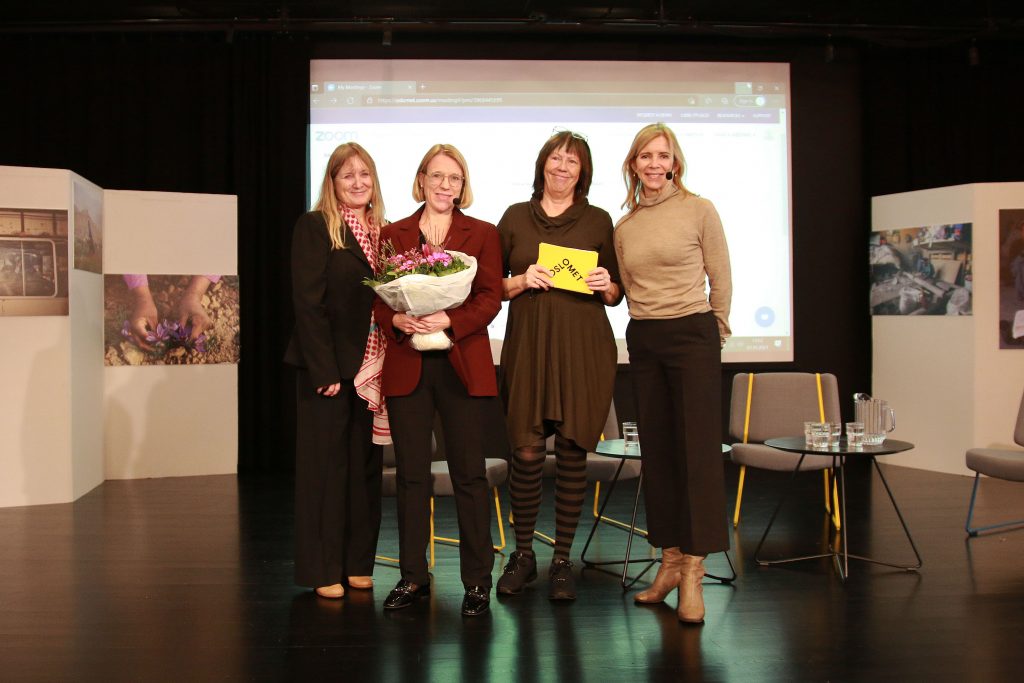Hate and election
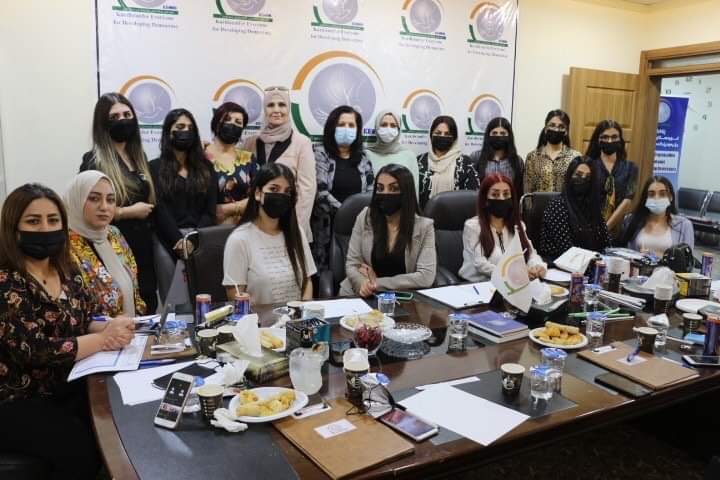
More than 70 Iraqis discussed hate in media and election during a workshop on hate speech during election time.
The workshop was composed of online and offline sessions. The participants were students, media researchers, and educators from Anbar University and journalists from International Association of Women in Radio and Television (IAWRT) from all over the country, with several languages, religions, and ethnicities.
They participated in a workshop on hate speech 13 October 2021 by JMIC trainer Abeer Saady in Arabic – some online, some physically present in different places in the country. 47 of the participants were from Anbar University in the west of the country, while 24 were from IAWRT gathered in Sulaymaniyah in the Kurdistan region.
Dr. Omar Chiad organized the group in Anbar University. He held two main discussions; one before the session with the professors and another session after the online training. Later he followed up the topic in his teaching sessions.
On the other side, Awaz Salim Abdullah gathered the IAWRT members in Sulaymaniyah. The came from different cities of Iraq. The ones who are in near cities as Erbil, Kirkuk, and Halabja traveled to Sulaymaniyah and attended physically, while the others attended online. After the online session, Awaz gave a session on online harassment and hate speech against women journalists, which is relevant to the workshop. She has earlier attended a training of trainers (TOT) with JMIC.
The workshop held partly online and offline was a further development from the safety training in the spring. The participants asked for a focus on hate speech, because it is particularly relevant during election time in their country.
With the success of the Iraqi training, JMIC held two other training on hate speech in another two Middle Eastern countries:
A workshop was held in Yemen in the capital Sana´a: 34 participants from Sana´a University and the Cultural Media Center (CMC) came for the training in tackling hate speech as journalists, which was held on 16 November. The workshop time was extended as discussions were very relevant to the conflict in Yemen. Participants came from different cities of Yemen, and some of them share relevant important experiences and cases.
Also, in Libya it´s election time – and discussing hate speech was suggested by our partner in Azzaytouna University and Libyan Center for Freedom of the Press (LCFP). The training was held on 17 of November, with 35 participants from different parts of the country. Dr. Mohammed Al Asfar, professor of media and chair of the LCFP continued the discussion on the topic with further sessions. The participants recommended further activities on self-regulations and code of ethics during election times.
All the partners wanted to continue the cooperation, which will be an important part of JMICs activities next year.
